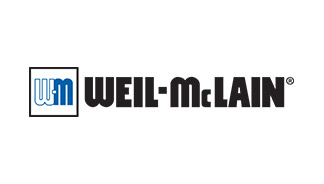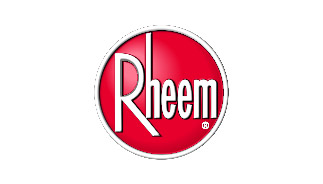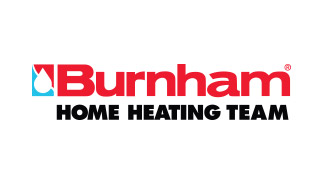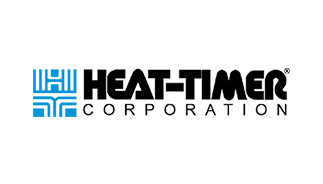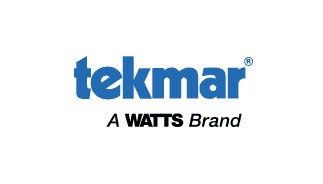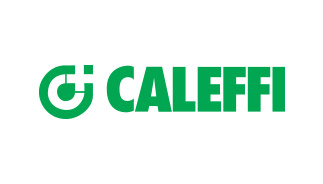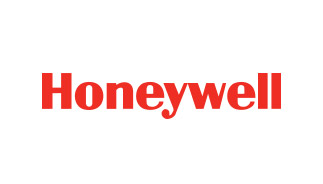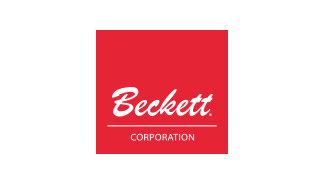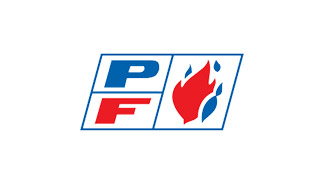Published on
April 29th, 2024The Pros and Cons of 5 Common Types of Heating Systems in Apartments
As a New York City building owner, you know that choosing the right heating system is a balancing act between tenant comfort and NYC regulations. With an expansive heating season, you must ensure that your building’s heating system and output are even and efficient enough to provide consistent temperatures.
The types of heating systems in apartments often depend on several factors, including the age of the building, existing infrastructure, and upgrade demands. Discover the most common heating systems in NYC apartments and their pros and cons.
5 Types of heating systems in apartments
1. Radiator Systems
Radiator heating is common in NYC, especially with many pre-war buildings. The system relies on a central boiler that heats water. The system either uses hot water or produces steam, sending it throughout a pipe network and into individual radiators in apartments, transferring the heat to the air through thermal radiation.
The benefit of radiator heating is it typically produces consistent and comfortable heat. It also provides a quieter operation than other central heating systems, like forced air. The comfort of the system is evident in its ability to maintain favorable humidity levels. Finally, building owners can use thermostatic valves on each radiator to allow for zoned heating.
Despite their advantages, older radiator systems can be problematic. For example, leaks are common in dated systems, especially those with neglected maintenance. Some systems are less energy efficient than modern ones, leading to higher energy costs. While modern radiator systems are energy-efficient, they still have a significant aesthetic drawback: Radiators are bulky and can interfere with interior design.
2. Forced Air Systems
Forced air systems use a furnace to heat air and are among the most common types of heating systems in apartments. Beyond the furnace, the systems use a powerful fan to push heated air through a network of ducts to vents strategically installed in the apartments.
Forced air systems can heat spaces quickly and integrate with central air conditioning using the same ductwork. They are usually less expensive to install than radiant heat and can improve air quality by using an air filter in the central furnace.
Unfortunately, forced air systems are noisy and can produce uneven heating. As the air flows through the ducts, tenants may hear subtle knocking and blowing sounds. Some heat loss occurs during the transfer through the ductwork. Also, the temperature difference between rooms can get more severe the further away you get from the apartment thermostat.
Because of the ductwork, forced air systems can require more maintenance than other systems. Ducts need periodic cleaning to prevent dust and allergens from circulating throughout the property. Duct connections can also wear down or become loose over time, so regular inspections are necessary.
3. Electric Baseboard Heaters
Electric baseboard heaters are not all that common when considering the types of heating systems in apartments. You will find the devices in older construction as supplemental heating for buildings that may not have the necessary infrastructure for more modern and effective systems.
Electric baseboard heaters use electricity to heat a coil or element, which then heats the surrounding air through convection currents. The heaters are easy to install, are affordable, and offer room-by-room control with no ductwork.
The problem with this heating option is its impractical nature. Baseboard heaters struggle to heat larger rooms, often resulting in uneven heating. They also incur higher operating costs than other heating solutions. Like radiators, many tenants find the units unappealing aesthetically. Still, with limited options or for a unique property, baseboard heaters might be appropriate supplemental heating options.
4. Ductless Mini-Splits
Ductless mini-splits are a combination heating and cooling system that doesn’t require traditional ductwork. The system comprises an outdoor unit that houses a compressor and condenser. Indoor wall-mounted units distribute heated and cooled air, allowing for individual room or zoned control. Refrigerant lines and wiring connect the outdoor unit to the indoor units.
Unlike other types of heating systems in apartments, ductless mini-splits are easy to install and avoid heat loss while maintaining energy efficiency. The system provides zoned control for tenants and creates minimal noise, ensuring comfortable operation.
Still, ductless mini-splits have a higher upfront installation cost than other systems and require regular filter cleaning and professional inspections. The systems can also struggle in extreme cold, a problem when consistent heating is essential. Also, like radiators and baseboard heaters, mini-splits are not the most attractive heating units.
5. Radiant Floor Heating
Radiant floor heating is a relatively modern method of heating a space. The systems use a network of tubes or electric heating elements embedded beneath a specific flooring to warm the floor’s surface; that warmth then radiates upwards, heating the room.
There are two types of radiant floor heating: hydronic and electric. Hydronic heating circulates hot water through embedded tubes, while electric heating uses embedded cables or mats.
The advantage of radiant floor heating over other types of heating systems in apartments is its superior comfort. Radiant heat provides uniform and consistent heat from the floor up. It is energy efficient, especially with high-efficiency boilers, and reduces noise while saving interior space.
Unfortunately, because the system requires a rather involved installation process, it is expensive and often impractical for most apartment buildings. Also, the system is best for tile and stone flooring, which is more costly than alternatives like carpet and vinyl. The system may take longer to warm up and cool down than other systems, and there is a risk of leaks with hydronic systems.
How To Maintain Various Types of Heating Systems in Apartments
Annual Contracts With Calray Boilers
Apartment buildings can use various types of heating systems for apartments, but they all have one thing in common: the need for routine maintenance. Calray Boilers specializes in boiler systems and radiator or steam heat operations. To ensure the longevity of your heating system, you must commit to annual inspections and regular maintenance. Call Calray Boilers at (212) 722-5506 to schedule a system assessment and discuss annual service contracts so you never miss routine maintenance again.
